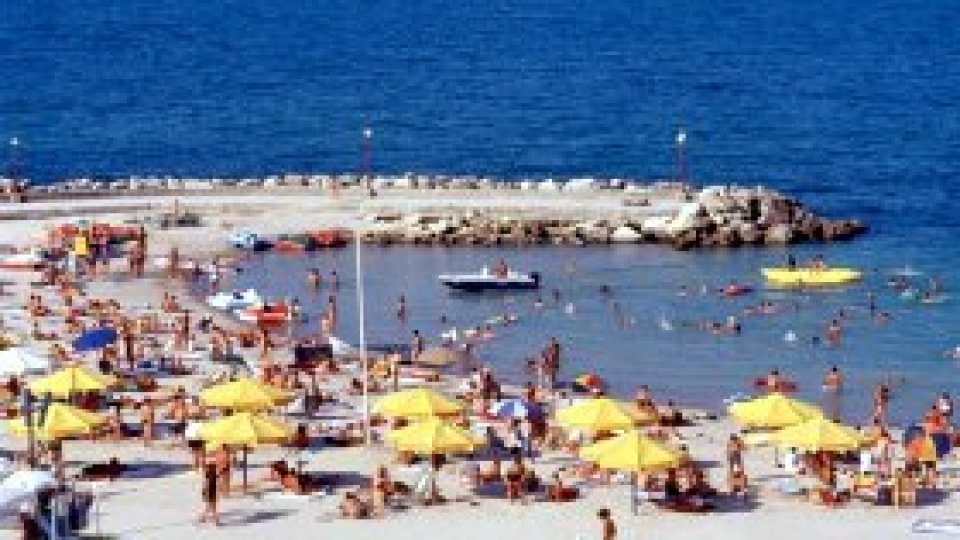Romanians vacation in their own country
The romanians working and living abroad, in Western Europe, returned home to spend the holidays.

03 August 2010, 14:57
Last weekend, over 15,000 Romanians working and living abroad, in Western Europe, returned home to spend the holidays.
Most of them live in Italy and Spain, the countries preferred by Romanian work migrants, seeking a better life after the lifting of compulsory visas for those countries.
But the host countries have also been hit by the world economic downturn. A recent National Bank of Romania statistic shows that Romanians working abroad sent home 1.1 billion Euro early this year, roughly 25% less than over the same period last year, and half of the amount sent in 2008.
The Romanians working abroad, numbering upwards of 2 million, mostly economic migrants, used to send home impressive sums of money; then the economic crisis hit. Even so, few of those people resettle in Romania, where their options are limited.
The profesional trend of the migration
Nowadays, the migration of Romanian workers has a professional trend to it. A lot of physicians and nurses want to get a job in Western Europe, where there is a shortage of personnel and better paid jobs.
According to estimates from the Romanian Medical Association, the national professional organization, over half of physicians in the country will be gone by 2015 for better salaries and better working conditions.
The press in Bucharest writes that the most highly sought after medical specialists in the EU are anesthesiologists, surgeons, cardiologists and cardiovascular surgery experts. Germany and the UK are at the top of the list.
As many as 9,000 Romanian medical doctors and nurses are looking for jobs in the UK, writes the daily Gandul. In Romania, in the national health system salaries were cut by 25%, along with every other state budgeted salary.
With such a grim outlook, it is very tempting for people with medical jobs to work on British salaries, around 5,000 pound sterling for a physician or 2,500 pounds for a nurse.
The authorities in London have already announced that they would take only people who are competent in their field and communicate well in English.
Migrants of Roma origin sent back
However, there is another category of migrants from Romania who are less liked in Western Europe.
Recently, the French government announced they would send back to Romania and Bulgaria migrants of Roma origin who committed crimes, and that they would take down half of the nomad camps in France.
The government in Paris blames their counterparts in Bucharest for the situation. They say that Romania botched up the process of Roma integration, and have made public statements amounting to veiled threats of blocking Romania in its bid to integrate into the Schengen space, which Romania wanted to happen in March 2011.
The Romanian government appointed an undersecretary at the Labour Ministry, to deal with the social integration of gypsies.
At the same time, Romania insisted in Brussels that the gypsy problem was European and that it could only be tackled at a European level, but Brussels did not seem impressed.
(Radio România Internaţional, Serviciul în limba engleză).














